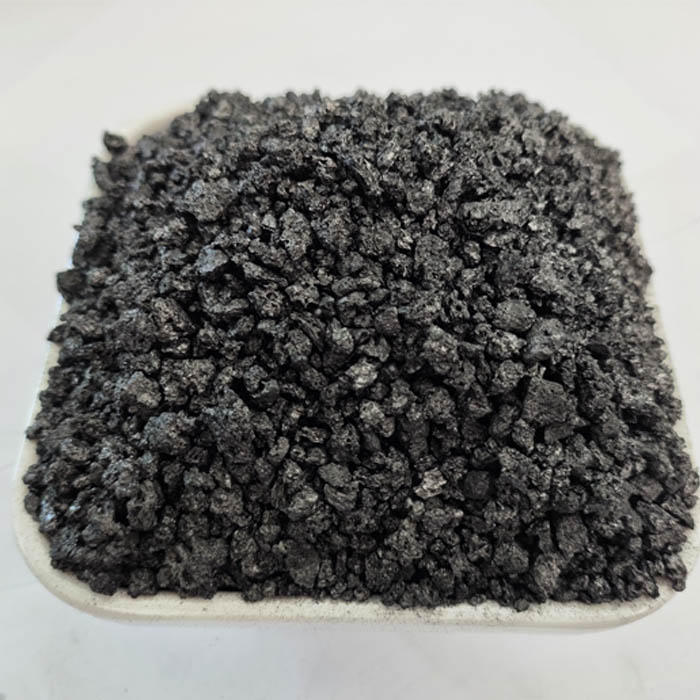Jul . 23, 2024 14:34 Back to list
Suppliers of Powdered Activated Carbon for Water Treatment and Environmental Applications
The Growing Demand for Powdered Active Carbon Suppliers
As environmental concerns and strict regulatory frameworks drive industries towards greener practices, the demand for powdered active carbon is witnessing a significant uptick. This versatile product, known for its exceptional adsorption properties, plays a crucial role in air, water, and industrial process purification. With an increasing number of applications in various sectors, the role of powdered active carbon suppliers becomes more critical than ever.
Powdered active carbon, also known as activated carbon powder, is derived from various carbon-rich materials such as coconut shells, wood, peat, and coal. Its manufacturing process involves heating these materials in the absence of oxygen—a method that enhances their surface area and porous structure. This transformation allows the carbon to trap and hold various contaminants, making it an indispensable component in water treatment plants, wastewater management, air purification systems, and even in food and beverage applications.
One of the primary markets for powdered active carbon is the water treatment industry. As populations grow and water sources become increasingly polluted, the need for effective filtration and purification methods is paramount. Activated carbon can effectively remove chlorine, volatile organic compounds (VOCs), and other harmful chemicals from water, ensuring safety and potability. Powdered active carbon suppliers are therefore crucial in providing high-quality materials that meet stringent purity standards.
Moreover, the industrial sector heavily relies on powdered active carbon for various applications, including gas adsorption, odor control, and solvent recovery. Industries such as pharmaceuticals, petrochemicals, and food processing utilize activated carbon in their production processes to maintain product quality and comply with environmental regulations. The versatility of powdered active carbon makes it suitable for a wide range of industrial applications, further driving demand for reliable suppliers.
powdered active carbon suppliers

Air quality issues are another significant driver behind the demand for powdered active carbon. As urbanization accelerates and industrial activities increase, air pollution has become a pressing concern. Powdered active carbon is widely used in air filtration systems to remove contaminants, odors, and harmful gases, such as sulfur dioxide and nitrogen oxides. Many companies are investing in advanced air purification technologies, incorporating activated carbon as a core component, which in turn boosts the market for specialized suppliers.
In addition to environmental applications, powdered active carbon has found its use in the food and beverage industry. It serves as a decolorizing agent in sugar production and helps remove impurities in various liquid foods. The trend towards natural and organic products has also led to an increased acceptance of activated carbon in clarification processes, enhancing the demand for suppliers in this sector.
As the market expands, certified powdered active carbon suppliers must focus on maintaining quality, sustainability, and compliance with regulatory standards. Suppliers who adopt eco-friendly sourcing practices and invest in sustainable production methods can differentiate themselves in this growing marketplace. Furthermore, the ability to provide customized products tailored to specific industrial applications will set suppliers apart from their competitors.
In conclusion, the demand for powdered active carbon suppliers is on the rise due to its critical role in environmental protection, industrial applications, and consumer goods. As industries and regulatory bodies increasingly recognize the importance of effective filtration and purification solutions, high-quality powdered active carbon will remain in high demand. Suppliers who prioritize quality, sustainability, and innovation will be well-positioned to thrive in this evolving landscape. The future looks promising for powdered active carbon suppliers as they contribute significantly to cleaner air and water, ultimately supporting the global movement toward sustainable practices.
-
Eco-Friendly Granule Covering Agent | Dust & Caking Control
NewsAug.06,2025
-
Fe-C Composite Pellets for BOF: High-Efficiency & Cost-Saving
NewsAug.05,2025
-
Premium Tundish Covering Agents Exporters | High Purity
NewsAug.04,2025
-
Fe-C Composite Pellets for BOF | Efficient & Economical
NewsAug.03,2025
-
Top Tundish Covering Agent Exporters | Premium Quality Solutions
NewsAug.02,2025
-
First Bauxite Exporters | AI-Optimized Supply
NewsAug.01,2025
